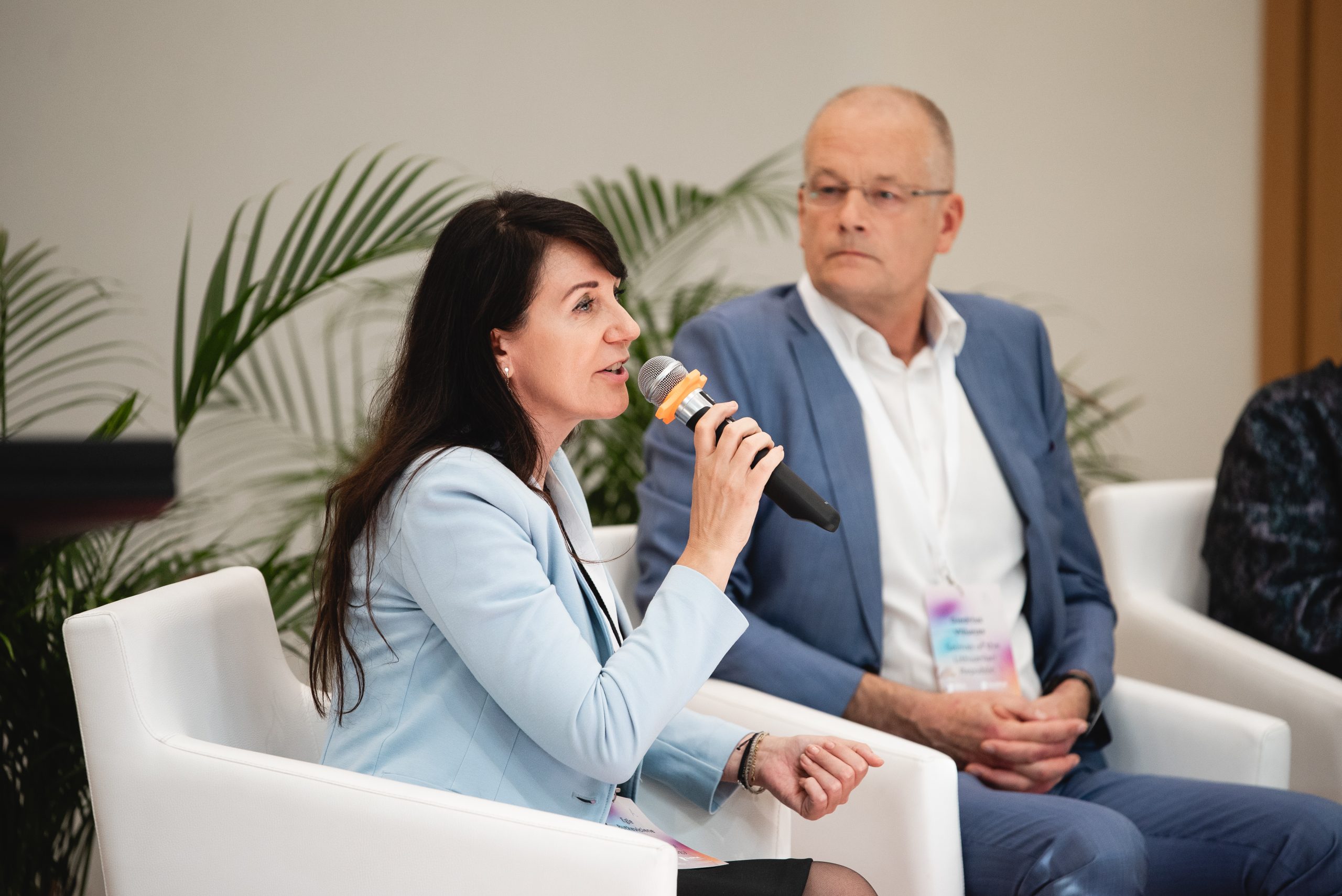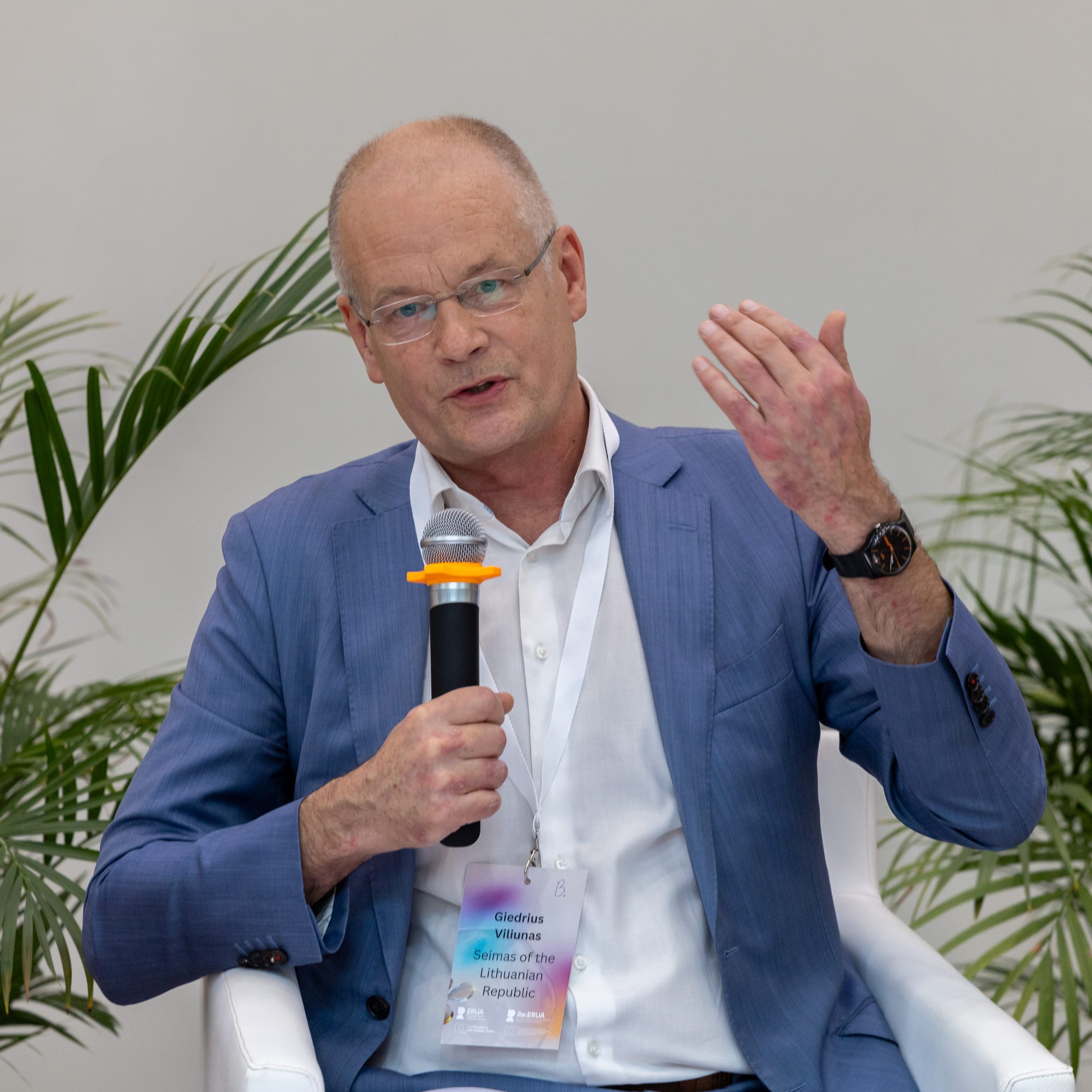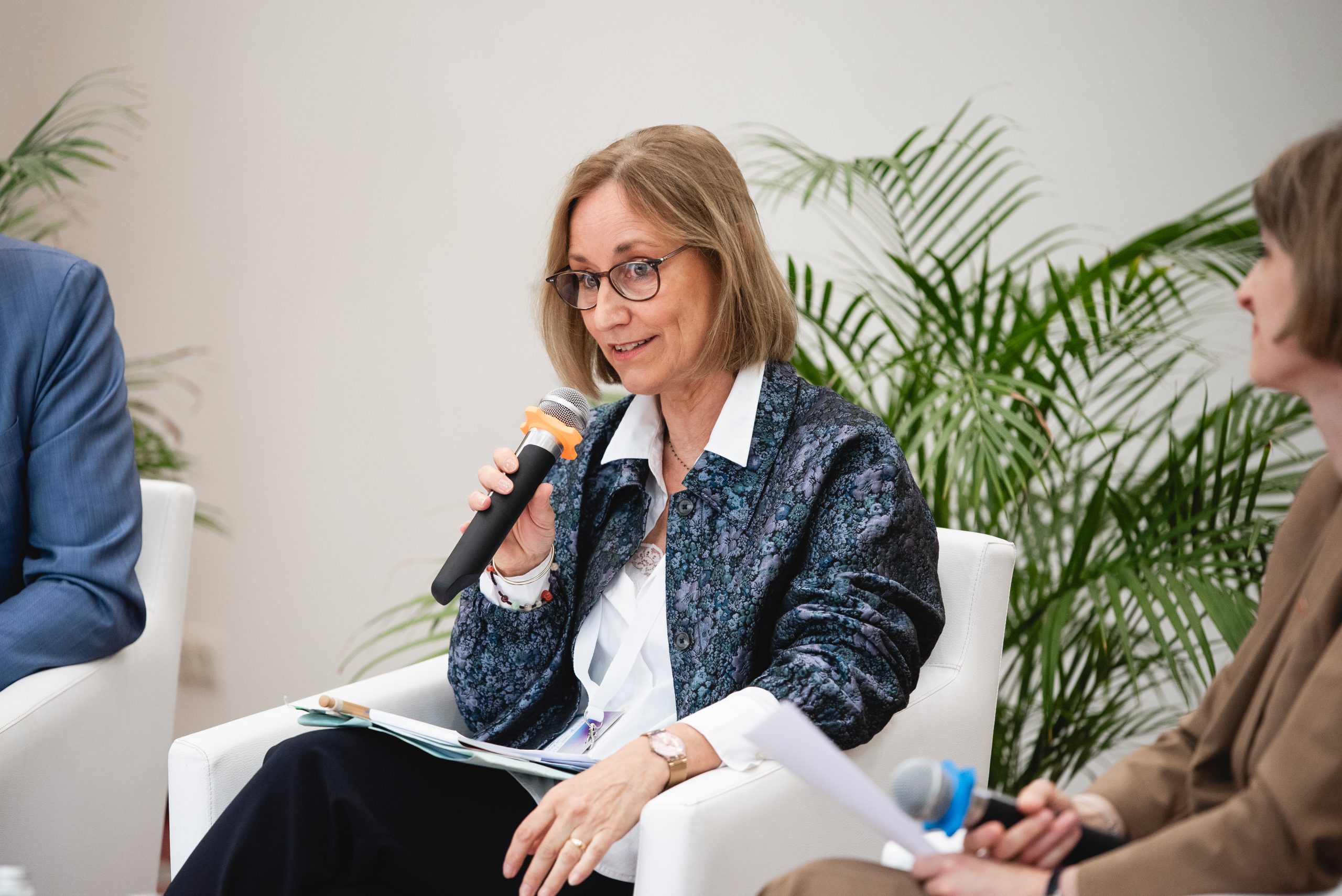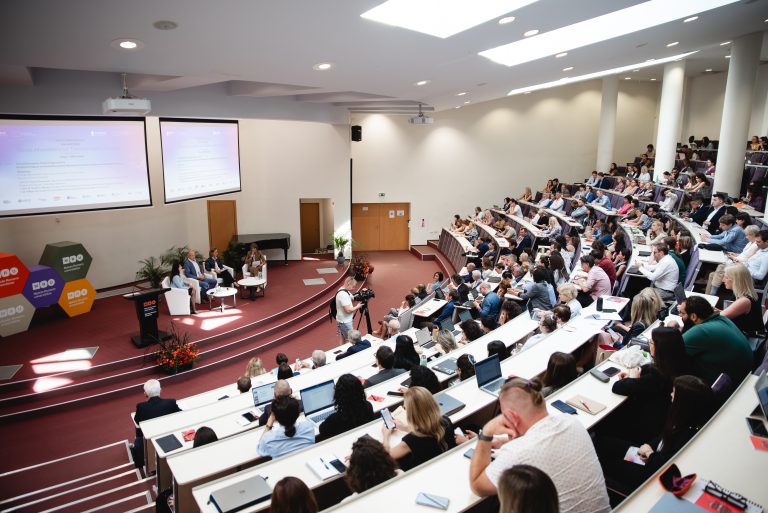The 4th Annual Summit of the European Reform University Alliance (ERUA), titled “Social Innovations for a Transformative Society,” provided a dynamic platform for scholars and policymakers to discuss the evolving role of universities in driving societal change. This year’s introductory panel brought to light the unique contributions of the social sciences and humanities. The panel bored the title: “Critical Approach to Research Impact on Social Innovation: Moving from Citation Indexes to Real-World Value” and was moderated by the Vice-rector for Research and Innovation at Mykolas Romeris University, Dr. Egle Malinauskiene.

Prof. Dr. Egle Butkeviciene (Head of Committee for Political Science, Sociology and Public Governance Study Programs at Kaunas Technology University) emphasized the transformative potential of universities beyond their traditional roles of education and research. She introduced the concept of the “third responsibility” of universities: making tangible social impacts. According to prof. Butkeviciene, academia should engage more actively in social innovation, positioning itself as a catalyst for societal change rather than merely acting as consultants within the ecosystem.

Associated professor Dr. Giedrius Vilunas (Adviser to the Committee for the Future of the Seimas, Republic of Lithuania) highlighted the significant yet often overlooked role of the humanities and social sciences in policy innovation. He argued that these disciplines are crucial for developing comprehensive policies that foster a more just and equitable society. Vilunas’s insights reinforced the idea that academia’s contributions to policy-making can lead to profound societal changes.

Dr. Hiligje van’t Land (Hilligje van’t Land, Secretary General of the International Association of Universities) addressed the challenge of measuring the return on investment (ROI) in the humanities. Unlike STEM fields, where impacts are easily quantifiable, the influence of the humanities is pervasive and harder to measure. Van’t Land called for the development of indicators that reflect universities’ societal contributions, such as quality of life, crime rates, literacy, and life expectancy. She also stressed the importance of qualitative metrics, arguing that numbers alone cannot capture the full impact of social innovations.
A recurring theme was the balance between quantitative and qualitative measures of success. While quantitative data is essential for communicating progress to stakeholders, qualitative results provide a richer, more nuanced understanding of societal impact. This balanced approach ensures that the transformative potential of social innovations is fully recognized and appreciated.
The panel also highlighted the growing importance of citizen science, particularly in Eastern Europe. Engaging citizens in scientific research can democratize knowledge production and enhance social impact. Additionally, stories and case studies emerged as powerful tools for illustrating the real-world effects of academic initiatives, making abstract concepts tangible and relatable.
Another significant discussion point was the critique of traditional university ranking systems. Universities like Utrecht and Zürich have taken a stand against these systems, arguing that they create false incentives and fail to capture the true value of academic work. By refusing to submit data to these rankings, these institutions advocate for a more meaningful evaluation of university impact that goes beyond mere numbers.
The need to shift from a traditional focus on skills to a broader emphasis on competencies was also addressed. This approach is more comprehensive and better suited to prepare students for the complexities of the modern world. Liberal arts education, which fosters curiosity and allows students to explore diverse interests, was highlighted as crucial for reappropriating teaching and learning at universities.
In conclusion, the introductory panel at the ERUA 4th Annual Summit underscored the vital role of universities in driving social innovation and societal transformation. By embracing their responsibility to impact society positively, balancing quantitative and qualitative metrics, and fostering interdisciplinary collaboration, universities can become powerful agents of change. Investing in the humanities and social sciences is essential for creating a transformative society. The panel highlighted the urgent need for academia to harness its full potential to address the complex challenges of the 21st century.

